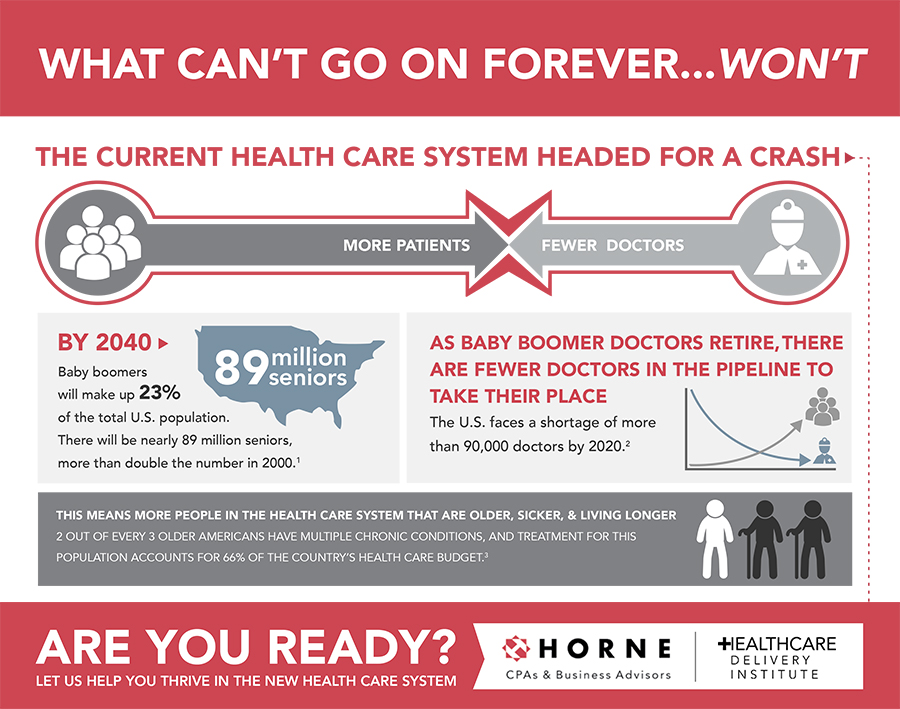In earlier days of hospital-based physician coverage, specialties were mostly limited to radiology, pathology, anesthesiology, and emergency medicine. As the hospitalist specialty developed, more hospitals began contracting for inpatient coverage to provide a broader continuum of care. Later, additional specialties, including pediatric hospitalists, intensivists, nocturnists, laborists, surgicalists, and neonatologists, grew in popularity.
Coverage by hospital-based physicians can be based on shifts or hourly or daily coverage, and can extend to multiple facilities and hospital departments. Coverage can include restricted and unrestricted on-call coverage as part of the arrangement. In addition, administrative responsibilities, quality improvement, and program development are often required.
Continue reading >













